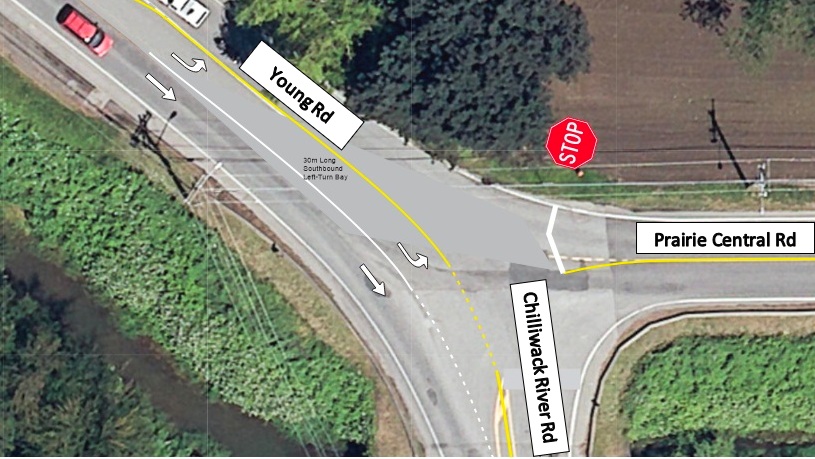Halifax (Glynis Sherwood MEd ) Estrangement grief is a form of ‘socially unrecognized’ grief[^1] caused by either:
A/ A voluntary partial or complete estrangement from abusive – often narcissistic – family members initiated by the targeted family member, otherwise known as No Contact or Low Contact, or
B/ Forced ostracization of the target by one or more family members of a blood relative who has been the ongoing target of ongoing emotional abuse or scapegoating. Ostracization can occur without a reduction of contact (eg the target continues to attend family get togethers, but is the brunt of bullying, teasing, put downs or gossip), or involves low or no contact between the target and family members.
The common thread between these two scenarios is betrayal and loss of family connection, identity and support – effectively rendering the target an outcast. When this victimization occurs in childhood, often perpetrated by one or both parents, the target is highly vulnerable to suffering from a lifelong destructive narrative of false blame, guilt and shame that has been projected onto her / him by hostile family members. Of all these corrosive projections, false shame is the most damaging, as it causes the target to believe they are worthless and defective. False shame – if not challenged – undermines the development of a much more reality based sense of positive self identity, worth, potential, agency and relationship harmony throughout the lifespan.
No or Low Contact, regardless of the extent or duration of family abuse, can be a tough decision for the target to make. Even after decades of unacknowledged or rationalized mistreatment for, usually, imagined ‘crimes’ on the part of the scapegoat, deciding to break ties with family can bring up intense fear – aka abandonment anxiety – for the target. Human beings are biologically and psychologically wired for inter-connection, and kinship ties. Abandonment anxiety in adults is usually a reflection of long standing unmet attachment needs, starting in childhood. Abandonment anxiety triggers terror of being all alone in the world without family ties. But the sad truth is that the scapegoat has already been abandoned. Clinging to dysfunctional family, hoping they will one day ‘see the light’, is a defense scapegoats erect to avoid feeling the emotional reality of the very abandonment they’ve already experienced.
The family scapegoat often has a long history of attempting to repair the breach with family in order to secure essential attachment bonds, and may even collude with false narratives that they are ‘the problem’. By falsely viewing themselves as the problem, scapegoats cling to the equally false hope that if only they can ‘fix’ themselves, they will be accepted into the family fold. The walls usually come crashing down for the scapegoat when they finally realize that resolution is impossible, as their family is unwilling or unable to allow repair, and persists in falsely framing the scapegoat as the problem.
So the scapegoat has long standing, though toxic, kinship ties to their family of origin (FOO), as well as unmet attachment needs, and can experience deep grief and fear, and not just relief, when either reducing or stopping contact. Furthermore, the scapegoat may have developed stress related emotional difficulties such as chronic anxiety, low self worth, relationship problems or Complex PTSD in response to prolonged and ongoing psychological abuse.
Why Estrangement Grief is So Hard – Read Whole Article Here






